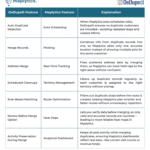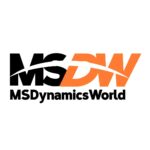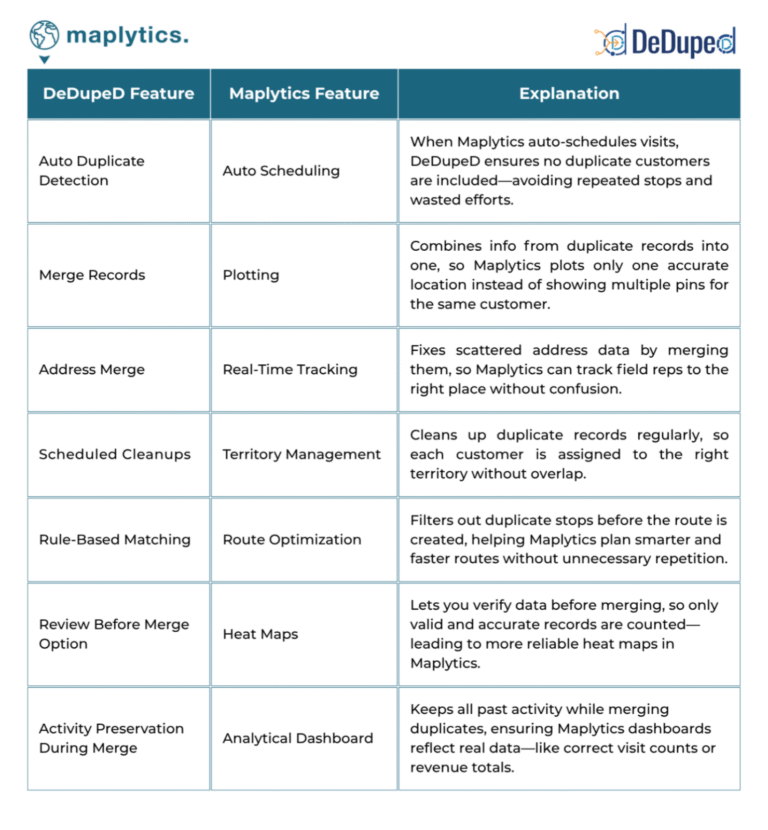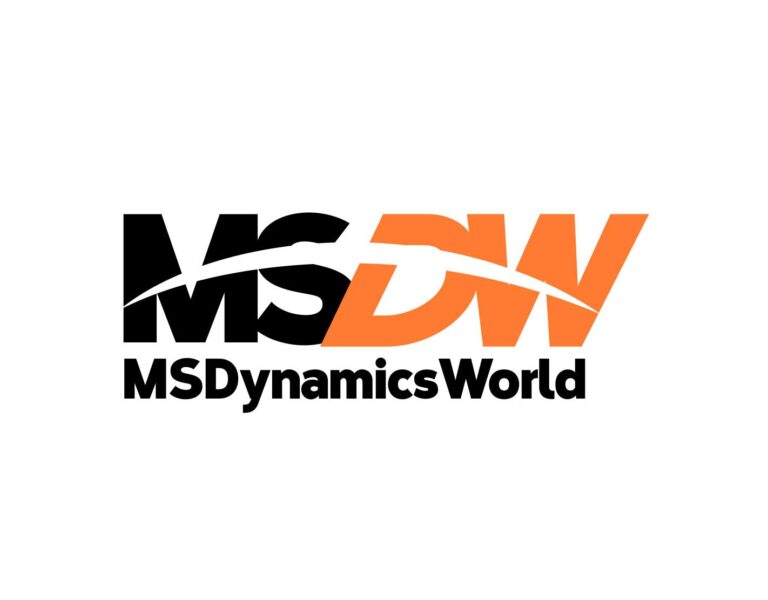- Introduction
- Understanding the Consumer Goods Industry
- What is Salesforce Consumer Goods Cloud?
- Current Trends in the Consumer Goods Industry
- Common Challenges Faced by Consumer Goods Companies
- How Does Consumer Goods Cloud Address Industry Challenges
- Key Benefits of Consumer Goods Cloud
- Architecture of Consumer Goods Cloud
- Conclusion
Introduction
The consumer goods industry is undergoing a rapid transformation due to evolving consumer behaviors, increased competition, and technological advancements. Companies in this sector face the challenge of delivering personalized experiences while managing complex supply chains and distribution networks. Salesforce Consumer Goods Cloud is designed to address these challenges, empowering businesses to meet customer demands efficiently and effectively.
Understanding the Consumer Goods Industry
The consumer goods industry encompasses a wide range of products that are essential for daily life, including food, beverages, household items, and personal care products. The industry is characterized by high consumer expectations for quality and speed, fierce competition, and a growing emphasis on sustainability. This environment necessitates robust tools for managing supply chains, tracking sales, and understanding consumer preferences.
What is Salesforce Consumer Goods Cloud?
Salesforce Consumer Goods Cloud is a specialized solution that addresses the unique needs of consumer goods companies. Built on the Salesforce platform, it offers tools for managing retail execution, optimizing field sales, and streamlining supply chain operations. The solution leverages AI, analytics, and mobile capabilities to provide a comprehensive view of the consumer goods ecosystem.
Current Trends in the Consumer Goods Industry
- Omni-Channel Retail: Consumers expect seamless experiences across physical and digital channels.
- Sustainability: There is a growing emphasis on sustainable sourcing and environmentally friendly packaging.
- Personalization: Companies are focusing on personalized marketing to meet the diverse needs of consumers.
- Digital Transformation: The industry is rapidly adopting digital tools to streamline operations and enhance customer engagement.
Don’t forget to check out: Salesforce Introduces Manufacturing Cloud & Consumer Goods Cloud
Common Challenges Faced by Consumer Goods Companies
- Complex Supply Chains: Managing a global supply chain with multiple stakeholders can be challenging.
- Field Sales Optimization: Ensuring sales teams have accurate, real-time data to improve in-store execution.
- Data Silos: Fragmented data across departments leads to inefficient decision-making.
- Dynamic Consumer Preferences: Keeping up with rapidly changing consumer preferences requires agility.
How Does Consumer Goods Cloud Address Industry Challenges
- Unified Data Management: Integrates data from various sources to provide a single source of truth.
- Retail Execution: Enables field reps to capture real-time store data, optimize inventory, and ensure compliance.
- Advanced Analytics: Provides predictive insights into consumer behavior and market trends.
- Collaboration: Facilitates collaboration across departments, improving decision-making and efficiency.
Key Benefits of Consumer Goods Cloud
- Improved Retail Execution: Enhanced visibility into store operations, helping optimize stock levels and merchandising.
- Streamlined Supply Chain: Real-time data sharing improves supply chain efficiency and reduces costs.
- Personalized Marketing: Better understanding of consumer preferences leads to more effective marketing strategies.
- Mobile-First Approach: Field reps can access data on the go, ensuring they have the information needed for effective in-store interactions.
Architecture of Consumer Goods Cloud
Salesforce Consumer Goods Cloud is built on the Salesforce platform and integrates seamlessly with other Salesforce solutions. Its architecture includes:
- Data Integration Layer: Aggregates data from multiple sources, including ERP systems, point-of-sale systems, and third-party apps.
- AI and Analytics Layer: Leverages Einstein AI to provide predictive insights and recommendations.
- Mobile and Web Interface: Offers a user-friendly interface for both desktop and mobile users, ensuring accessibility for field reps.
- Collaboration Tools: Enables cross-functional collaboration through Salesforce Chatter and other tools.
- Security and Compliance: Ensures data security and compliance with industry standards.
![]() Check out another amazing blog by Kizzy Consulting here: Salesforce B2B Commerce Cloud for Modern Businesses
Check out another amazing blog by Kizzy Consulting here: Salesforce B2B Commerce Cloud for Modern Businesses
Conclusion
Salesforce Consumer Goods Cloud empowers companies to navigate the complexities of the consumer goods industry with ease. By providing unified data management, advanced analytics, and mobile capabilities, it helps businesses optimize operations and enhance customer engagement. In a rapidly evolving industry, Consumer Goods Cloud offers the tools needed to stay ahead of the competition and meet ever-changing consumer demands.
Kizzy Consulting is a Salesforce Consulting Partner in the USA, Australia and has successfully implemented 100+ Salesforce projects for 100+ clients across sectors like Financial Services, Insurance, Retail, Sales, Manufacturing, Real estate, Logistics, and Healthcare in countries like the US, Europe, and Australia. Get a free consultation now by emailing us at [email protected] or Contact us.













